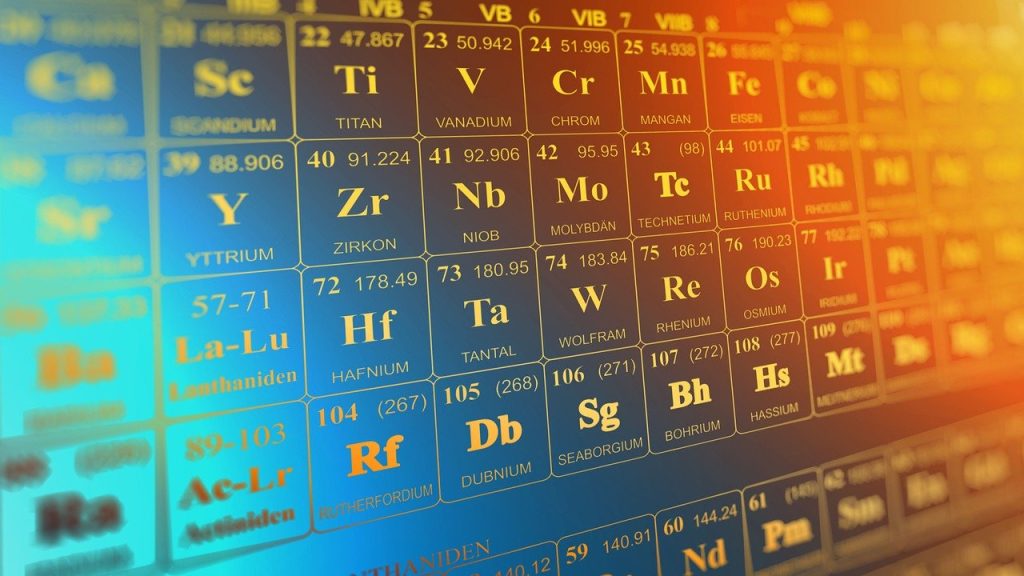
Physical Chemistry for International Students II
The course consists of lectures by academic staff members from the department of Physical and Macromolecular Chemistry (2x45min per week), combined with problem solving classes (1x45min per week). The course comprises the bachelor and master curriculum of Physical Chemistry in a more condensed form. The target audience are international master students within the Erasmus program, and PhD students whose background is not Physical Chemistry (Physics, Organic Chemistry, Biochemistry, etc.).
Zeolites and Molecular Sieves
This course for doctoral students provides an introduction to the fundamentals of zeolite preparation, properties, and applications. It explores the relationships between natural and synthetic zeolites, as well as the characteristics of zeolites, mesoporous materials, and zeotypes. The course covers synthesis, modification, and characterization techniques, including diffraction, spectroscopy, microscopy, and sorption methods. Special emphasis is placed on current applications of zeolites and their potential for future practical use.
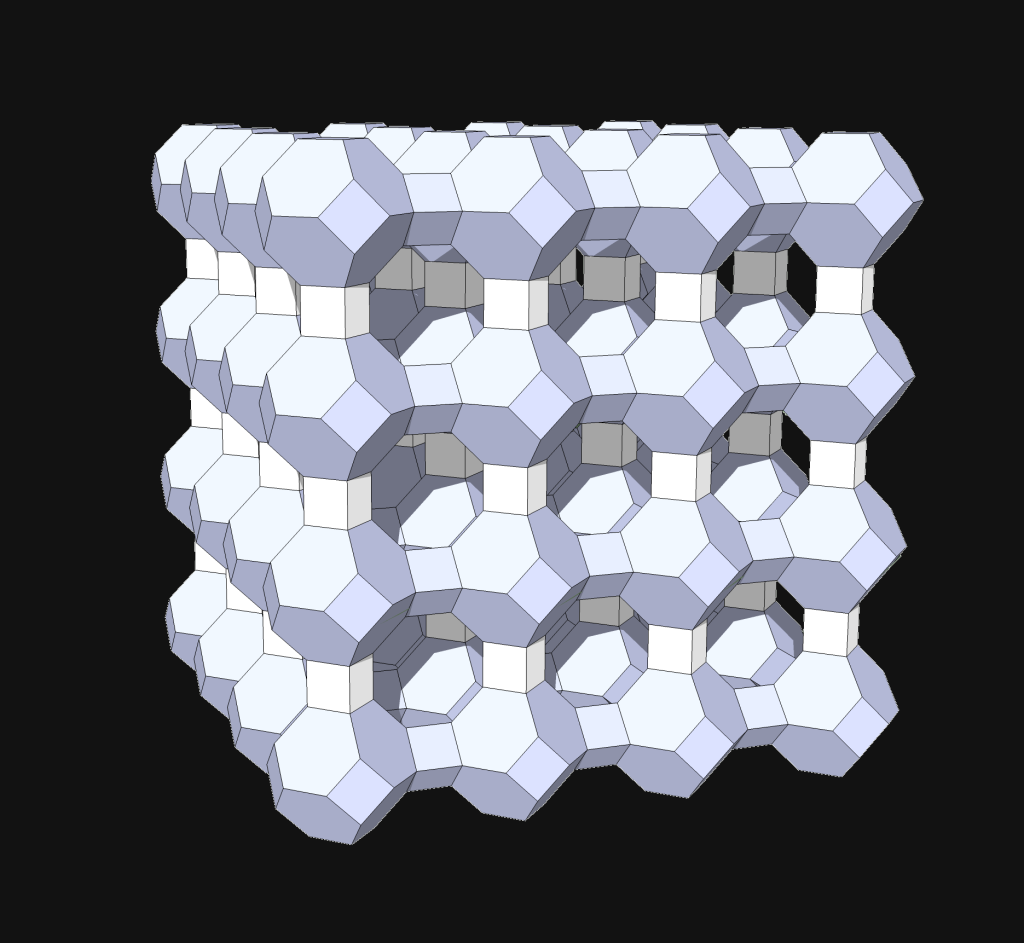
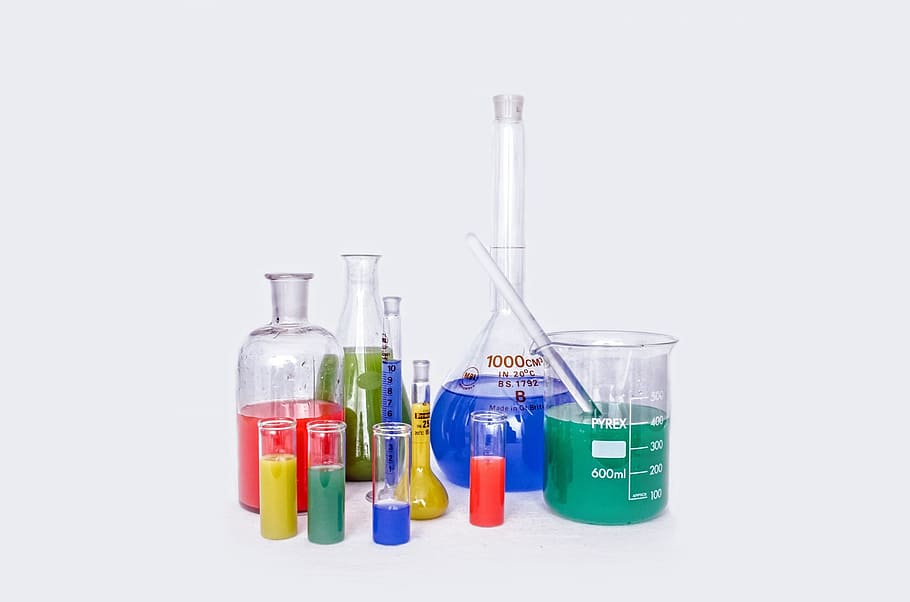
Chemical Principles of Industrial Chemistry
This course introduces students to the chemical pathways involved in transforming primary raw materials – such as oil, natural gas, coal, wood, and agricultural products – into final consumer products, including fertilizers, pesticides, lubricants, detergents, and adhesives. It also explores the principles of waste-free process development, advancements in catalyst design, fermentation processes, and emerging ecotechnologies.
Fundamentals in Catalysis & Catalysis in Practice
Catalysis plays a crucial role in the production of intermediates and final products in the chemical industry, with 85-90% of processes involving a catalyst. These interconnected courses introduce the fundamental principles of catalysis, followed by an in-depth exploration of how catalysts function and are applied in large-scale industrial processes.
The Fundamentals in Catalysis course focuses on the role of catalysts in chemical reactions, reaction mechanisms, and the application of key experimental techniques for catalyst characterization and evaluation.
The Catalysis in Practice course highlights the critical role of catalysts in oil and natural gas upgrading, Fischer-Tropsch synthesis, ammonia synthesis, and aromatic petrochemistry. It also covers catalyst applications in the synthesis of fine chemicals, including pharmaceuticals, flavors, and fragrances.
Each course consists of weekly lectures (2x45min) and problem-solving sessions (1x45min).
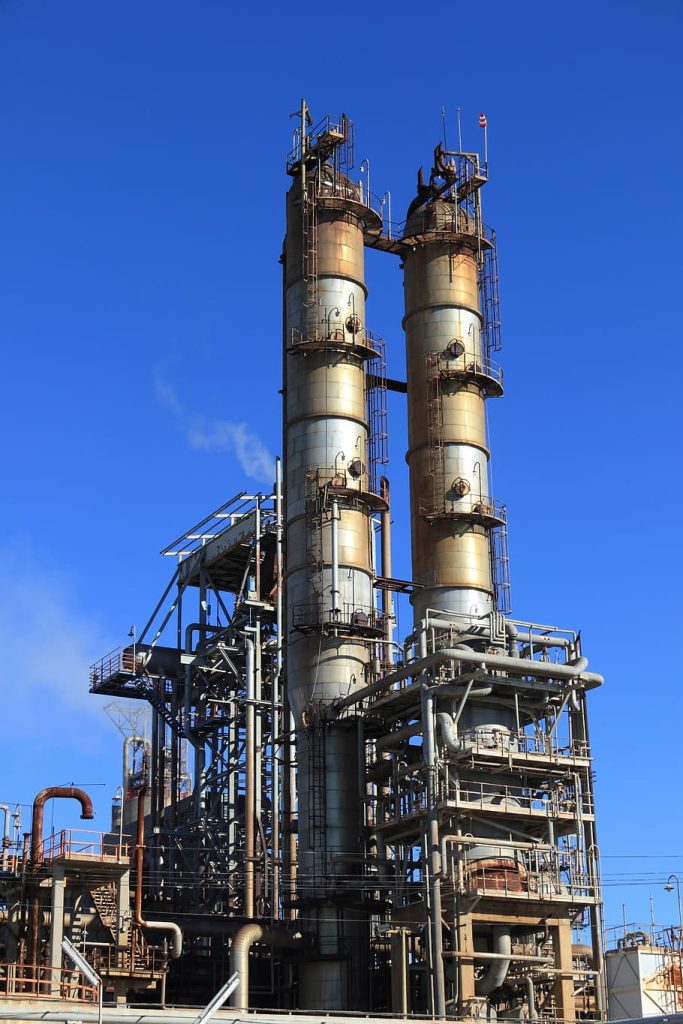
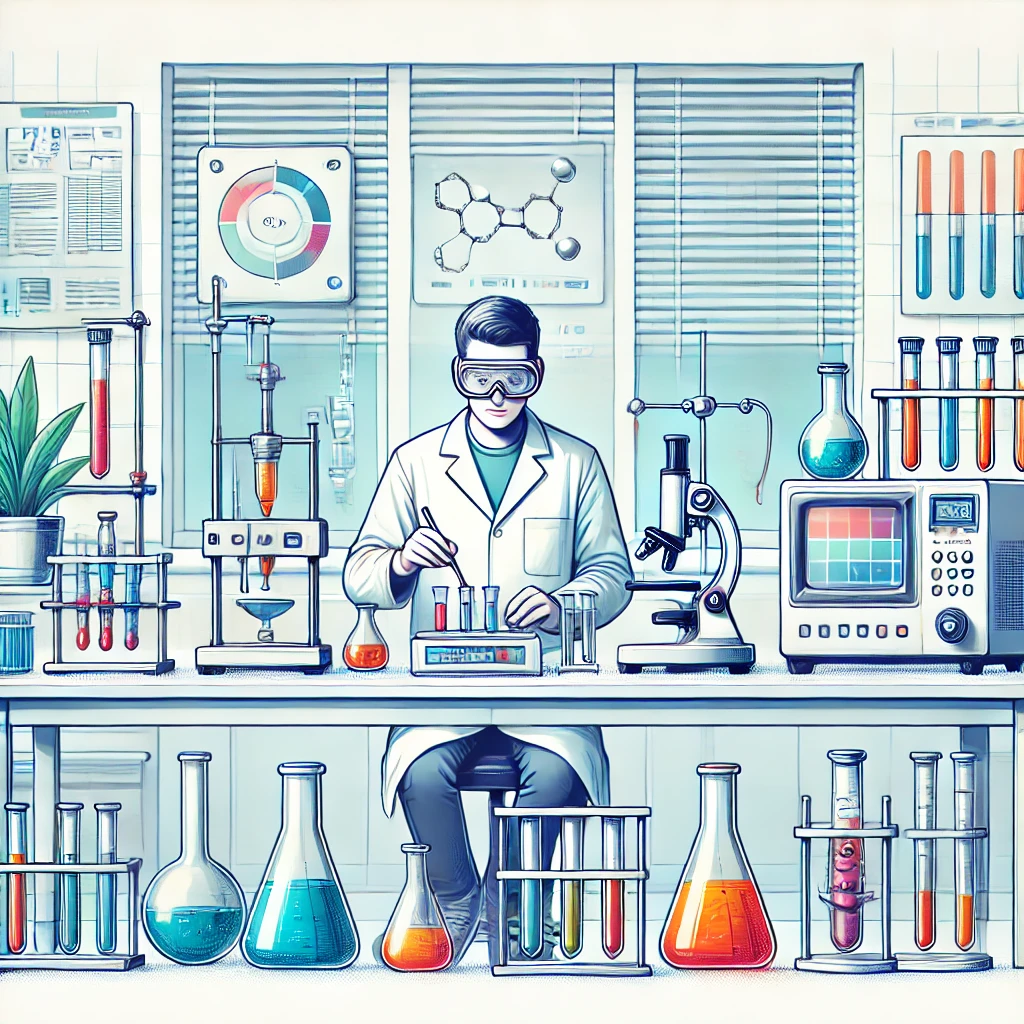
Experimental Methods in Chemistry
This course provides a foundational introduction to the principles and techniques commonly used in chemical laboratories. It covers essential experimental methods, beginning with separation techniques and extending to various characterization approaches, including diffraction, microscopy, and spectroscopy. Students will develop a strong theoretical and practical understanding of these methods, enabling them to apply them effectively in research and analytical settings. The course serves as a fundamental stepping stone for further exploration of experimental chemistry.
The course consists of weekly lectures (2x45min) and practical exercises (2x45min).
List of our courses
| Code | Name | Semester | Language | E-credits | Guarantee |
|---|---|---|---|---|---|
| MC260P133 | Physical Chemistry for International Students II | winter | English | 4 | Asoc. Prof. Mariya Shamzhy, Ph.D. |
| MC260P90 | Zeolites and Molecular Sieves | winter | English | 3 | prof. Ing. Jiří Čejka, DrSc. Assoc. Prof. Maksym Opanasenko, Ph.D. |
| MC260P21 | Chemical Principles of Industrial Chemistry | winter | English/ Czech | 4 | prof. Ing. Jiří Čejka, DrSc. |
| MC260P137 | Fundamentals of Catalysis | winter | English/ Czech | 3 | prof. Ing. Jiří Čejka, DrSc. |
| MC260P138 | Catalysis in Practice | summer | English | 3 | Assoc. Prof. Maksym Opanasenko, Ph.D. |
| MC260P147 | Experimental Methods in Chemistry | summer | English | 5 | prof. Ing. Jiří Čejka, DrSc. |
| MC260P113 | Physical Chemistry II (a) | summer | Czech | 5 | Ing. Jan Přech, Ph.D. |